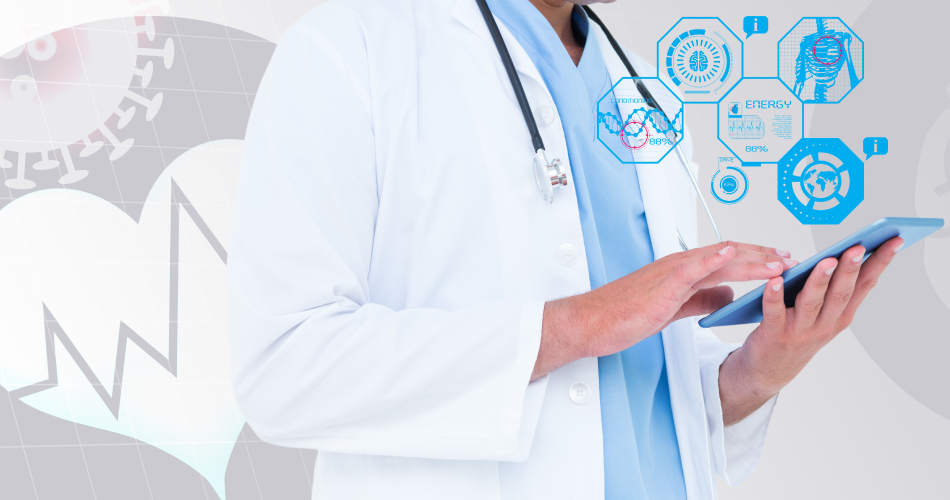Scientists are exploring every possible option for help battling the coronavirus pandemic, and artificial intelligence represents an intriguing avenue. Artificial intelligence (AI) has the potential to help us tackle the pressing issues raised by the COVID-19 pandemic. It is not the technology itself, though, that will make the difference but rather the knowledge and creativity of the humans who use it.
Machine learning, the current form of AI, works by identifying patterns in historical training data. However, AI systems need a lot of data, with relevant examples in that data, in order to find these patterns. This is one of the limitations of AI just like some of the limitations that us human beings possess and that is why the COVID-19 pandemic appears to be an even bigger challenge on all fronts.
Artificial intelligence is playing a part in each stage of the COVID-19 pandemic, from predicting the spread of the novel coronavirus to powering robots that can replace humans in hospital wards. The following are few ways in which AI has been applied as a measure to solve the pandemic:
1. Disease Surveillance
With an infectious disease like COVID-19, surveillance is critical. Machine learning and natural language processing has been leveraged to track, recognize, and report the spread of the virus quicker than the WHO and the CDC.
2. Virtual Healthcare Assistants (ChatBots)
The natural language processing capabilities of AI have also been used to build a multi-lingual virtual healthcare agent that can answer questions related to COVID-19, provide reliable information and clear guidelines, recommend protection measures and many such valuable details.
3. Diagnostic AI
AI has improved diagnostic time in the COVID-19 crisis through technology. Pneumonia, a common complication of COVID-19 infection, can now be diagnosed from analysis of a CT scan in less than sixty seconds with accuracy as high as 92% and a recall rate of 97% on test data sets.
4. Facial Recognition & Fever Detector
Cameras possessing AI-based multisensory technology have been deployed in airports, hospitals, nursing homes, to detect individuals with fever and track their movements whilst also recognizing their faces.
5. Intelligent Drones and Robots
Robots and Drones have been publicly to not only track individuals who are out during lockdown but also lessen the virus transmission risk involved with city-wide transport of medical samples and quarantine materials.
Machine learning is an important tool in fighting the current pandemic. If we take this opportunity to collect data, pool our knowledge, and combine our skills, we can save many lives — both now and in the future. Those of you who are already moving forward in this direction or are at the idea stage, reach out to us and make this a reality. We at AppleTech have the experience, expertise and reliability to help you in achieving this endeavour.

